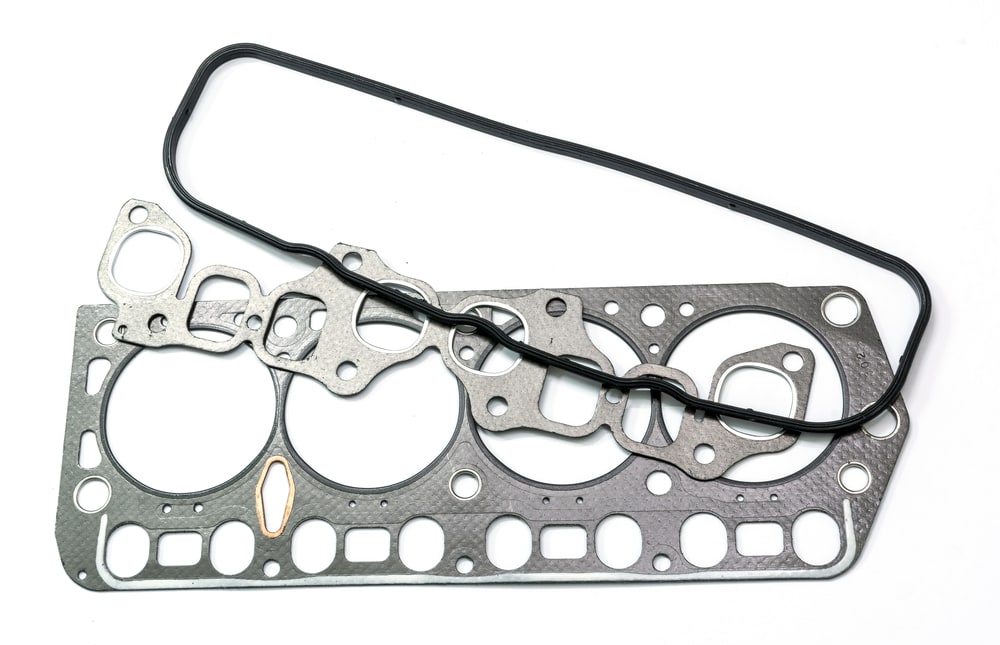

There are a wide variety of gasket types on a typical vehicle, from head gaskets which are installed between the cylinder head and the engine block to engine gaskets which seal out harmful elements and keep the engine safe and sealed up tightly.
The different gaskets that are around the engine protect the air intake and exhaust manifolds, and the oil pan, which they protect from leakage and more. Many allow oil through to the block to lubricate it, but have to keep the coolant flowing as well to prevent the engine from overheating. Failure of any of these gaskets can be dangerous for your engine and may be the most frequent form of damage that occurs to an engine.
Things to acknowledge when dealing with gaskets:
Gaskets have a bad tendency to overheat and then break due to engines that run too hot. As the metal heats up, it expands and then contracts when it cools, which can take away strength from the metal just a little bit each time.
Various chemicals that come in contact with the gaskets can also lead to their breakdown over time. You can see other gasket failure by checking your engine oil. If it looks like chocolate milk or is watery and bubbly, then you’ve likely got coolant mixed into your oil so you’ve blown a gasket.
When you have one gasket that needs to be replaced, it’s best to replace them all at once. Whatever environmental factor that caused one of them to fail is likely to affect the entire lot, and preemptively replacing them all can save you expensive repairs down the road.
Check the torque on your head gasket when you’re replacing it – even a new one may require re-torquing to assure it’s resilient and can continue service.
Assure that the head and the block are good and flat before putting a gasket back on. A gasket needs a flat surface to seal against.



